Do you remember what your status was?
Did you remember if you fell under the category of "popular" or "loser?"
"Cool" or "lame?"
Remember when you were 13 and you viewed your classmates with envy and admiration. A time when the "popular girls" wore makeup and had older boyfriends. And then there were the boys who would boast about sneaking bottles of beers on the weekends and throwing out-of-control parties?
If you can't exactly recall what your status was in high school, then maybe Janis Ian from Mean Girls can help you out with her crafty cafeteria map of all the cliques at North Shore High School.
Well, for those who know without a doubt that they weren't the most "looked up to" or "popular" person in high school, then you're in for some AWESOME NEWS.
How awesome is it?
Just awesome enough that that those four torturous years of high school, will be all worth it.
This past month a study conducted by Joseph P. Allen at the University of Virginia was published in the Journal of Child Development that followed a group of risk-taking, popular, "cool kids" for a decade starting in middle school. The study found that in high school, their social status often waned and they began struggling in various ways after they graduated and went off to college. According to Allen, problems arose due to these kids' early rush into what he calls pseudomature behavior (aka: starting to drink at a younger age, having sex at a younger age and essentially acting older than their age). Allan states in the intro of his study: "There are a variety of routes by which adolescents may seek to establish apparent maturity and attain status with peers via pseudomature behavior, ranging from the mildly destructive to the immature but relatively harmless. A substantial proportion of minor adolescent delinquency, for example, is believed to result from teens seeking the appearance of maturity and status with peers by engaging in acts of deviance to establish that they are no longer compliant children. In contrast, teens can also gain the appearance of maturity in more benign, if still immature, ways."
That being said, those fast-track kids that who were the king or queen of the high school hallways back in the day, do not bode well later in life. The methods from the 10-year study followed 184 seventh and eighth graders (86 males and 98 females) as they progressed from age 13 to 23. The adolescents were first assessed annually over a 3-year period, and at each age, the students nominated that their closets, same-gendered friend to be included in the study as well as an additional two peers from within their extended circle of friends and acquaintances.
What researchers suggested was that if an adolescent encountered a situation early in their lives that called for a strong desire for peer approval, then it would be linked to a constellation of behaviors (i.e. minor delinquent activity, precocious romantic involvement, and a focus on physical appearances in friendships).
The earlier an adolescent starts acting mature, the less mature they will actually become when they are older. Because by that time their maturity will have already burned out.
Prior research has suggested that adolescents engaging in pseudo mature behaviors tend to feel older, at least in the short run. Comparatively, a study back in 2009, found that the adolescents who dated, reported having sex, used alcohol, and used drugs experienced an increased subjective age (how old they feel) compared to their chronological age. Meaning, that self-perceptions of maturity may arise from engaging in "adult-like" behaviors, causing the subject to feel older than less experienced adolescents.
The motivational force behind such behavior (especially at age 13) was associated with when the subject's peers were more likely to say that would like to spend time with the participant – thus providing a powerful short-term reinforcement. This developed a type of status-seeking link, suggesting that at a formative point in social development, some early adolescents are learning to established connections with their peers by engaging in pseudomature behaviors to impress those peers, rather than by learning to connect successfully with them via more adaptive means.
But you've probably already figured that out by now after attending your high school reunions or by stalking your old classmates on Facebook. Being one of the "cool" kids does not necessarily mean that they will be "cool" for the rest of their lives.
That being said, if you are someone still in high school that does not identify under as "cool" or "popular" do not sweat. Believe it or not, you're actually in a better possession than the Queen Bees and King Jocks at your school. Those kids may seem like they are mature and have their futures laid out, but its all an act. None of it is real and you shouldn't buy into that.
And if you are someone who has graduated from high school, found a steady job and is living comfortably, but you were never "in the spotlight" in high school, I betcha that you are more successful and happier than the popular kids that were in your class.
You will succeed in life if you do!
Allen, J. P., Schad, M. M., Oudekerk, B. and Chango, J. (2014), What Ever Happened to the “Cool” Kids? Long-Term Sequelae of Early Adolescent Pseudomature Behavior. Child Development. doi: 10.1111/cdev.12250
Albrecht, Arne K., Glambos, Nancy L., Jansson, S. Mikel (2009), Dating, Sex and Substance use Predict Increases in Adolescents' Sujective Age Across Two Years. International Journal of Behavioral Development. Vol. 33 no. 1 32-41
"Cool at 13, Adrift at 23." Well Cool at 13 Adrift at 23 Comments. N.p., n.d. Web. 26 June 2014.
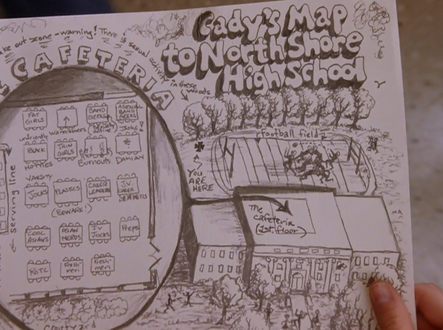
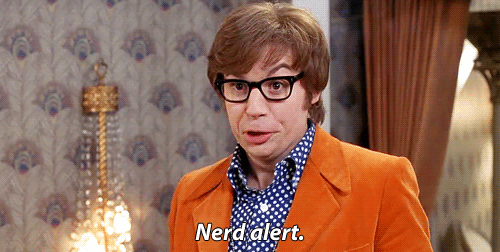
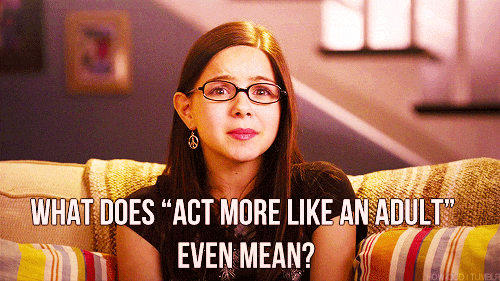
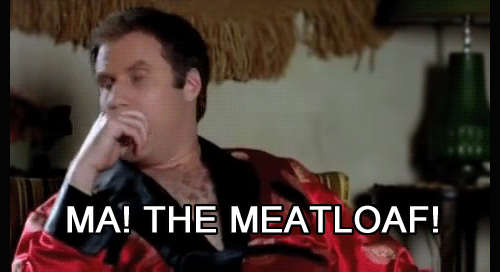
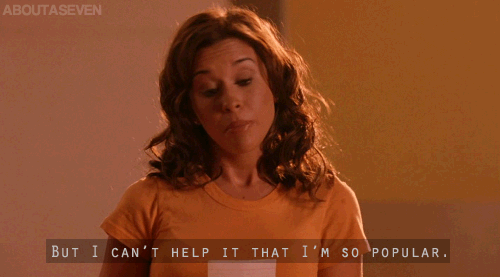
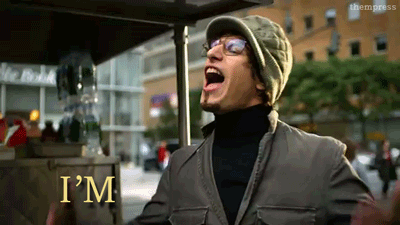
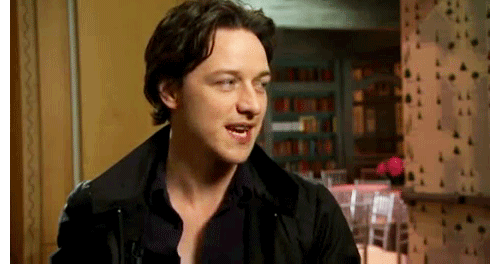
 RSS Feed
RSS Feed
